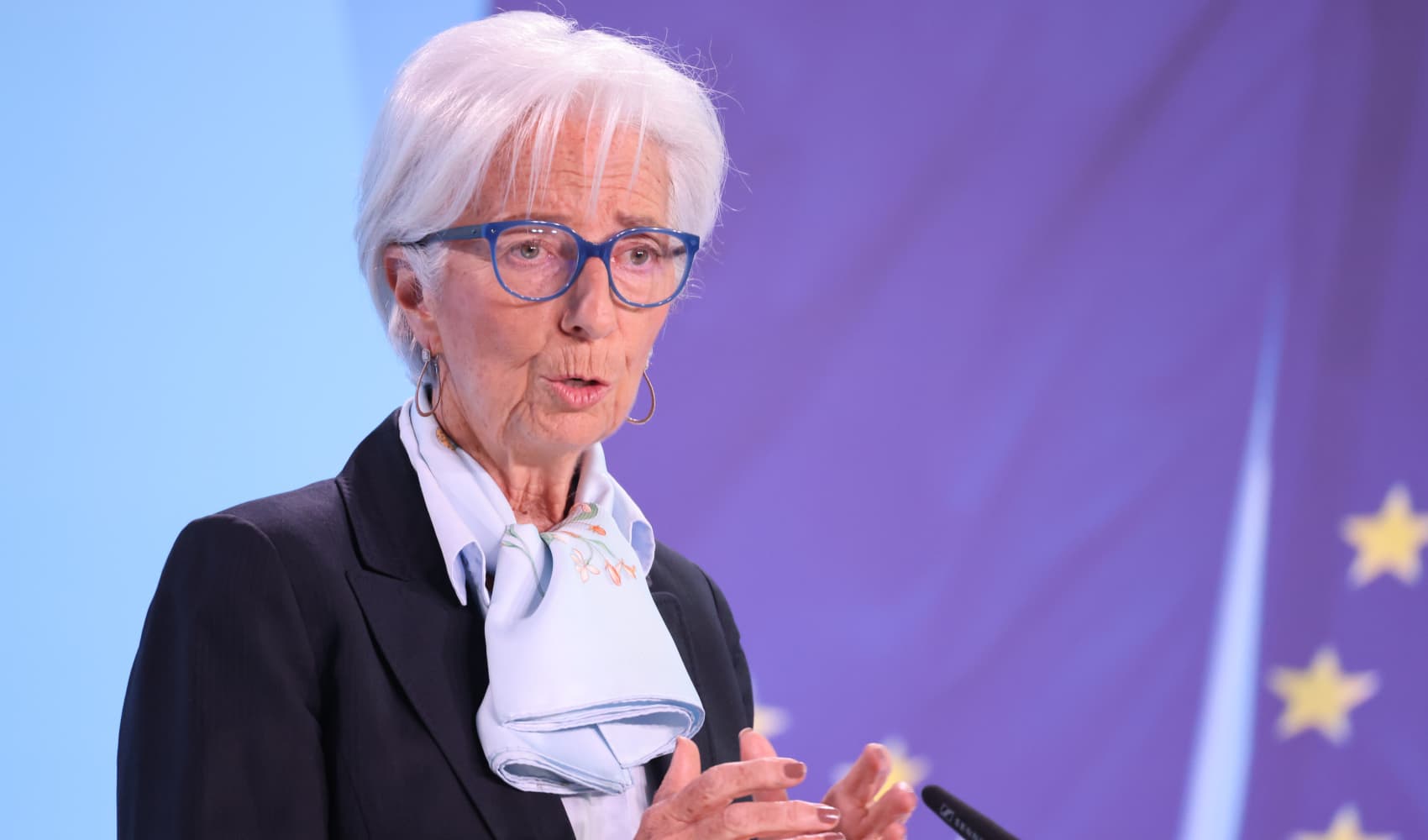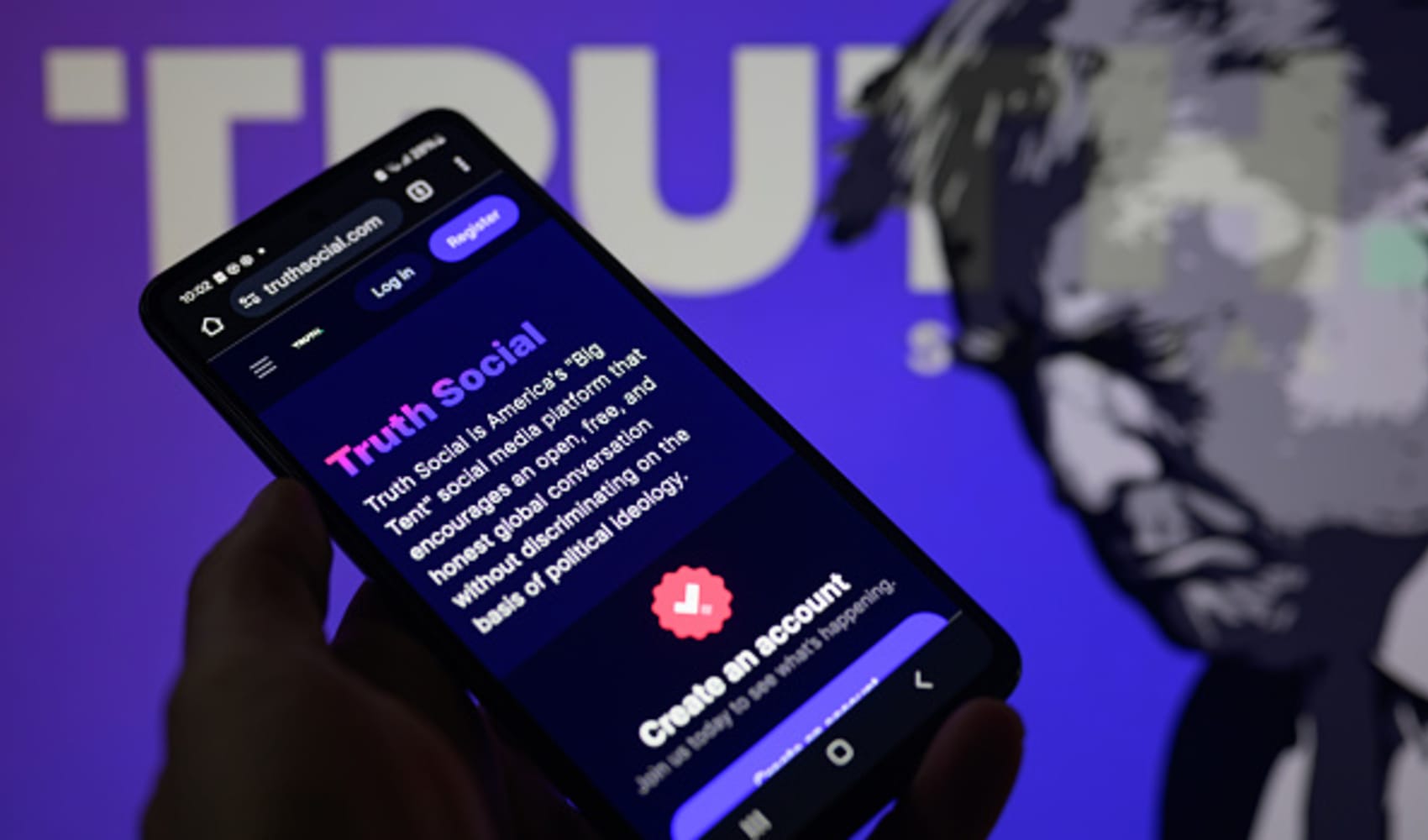
- In 2010, when Nadiem Makarim launched Indonesian ride-sharing service Gojek, he was simply trying to improve his country's dysfunctional motorcycle taxi industry.
- Covid-19 quickly forced the biggest rideshare platforms to re-evaluate what a revenue-generating lineup of "super app" services will look like, while accelerating an already fierce competition.
- Co-CEO Kevin Aluwi says there's room for multiple players: "It's certainly not a 'winner takes all' market."
In 2010, when Nadiem Makarim launched Indonesian ride-sharing service Gojek, he was simply trying to improve his country's dysfunctional motorcycle taxi industry. The company has since become Indonesia's first unicorn, having branched out well beyond ride-sharing and into other business areas including food delivery, digital payments and logistics.
Makarim left the company in 2019 to serve as Indonesia's Minister of Education and Culture, passing the torch to co-CEOs Kevin Aluwi and Andre Soelistyo. Throughout the pandemic, most companies in Indonesia have gone through a particularly difficult time, including transportation services which have been severely affected. The biggest of rideshare platforms have been in a race to push beyond core transportation and create a dominant "super app" that offers a range of services. Covid-19 quickly forced them to re-evaluate what that revenue-generating lineup will look like and accelerated an already fierce competition among international players like Singapore-based Grab, Beijing-based Didi and even Uber.
CNBC recently spoke with Aluwi, who says there's room for multiple players. "It's certainly not a 'winner takes all' market."
Get New England news, weather forecasts and entertainment stories to your inbox. Sign up for NECN newsletters.
The following Q&A has been edited for length and clarity.
CNBC: How did Gojek come to be? In its earliest days, what were you setting out to solve for?
Aluwi: Gojek was initially built around transforming the ojek (meaning motorcycle taxi) service in Indonesia. One of the fastest ways to get around Jakarta is by ojek, which are perfectly suited to the congested roads here. Back in 2010 however, the service was incredibly inefficient, with drivers and passengers often unable to find each other and pricing negotiated with each ride. We saw an opportunity to improve things, and started Gojek with just 20 drivers and a small call center matching customers to drivers.
Money Report
But we also knew that drivers could do more than just transport people, and this is why we had three services (transport, delivery, and personal shopper) when we launched our app in 2015. We never saw ourselves as a ride-hailing service. We got started by seeing the driver as a human being with a motorcycle and a human being on a motorcycle can do many things. Drivers had more opportunities to earn income while consumers could enjoy greater convenience — a win-win situation for everyone.
This problem-solving focus has been part of our DNA since day one, and it is what has grown Gojek to become a platform that now provides millions across Indonesia and Southeast Asia with access to more than 20 services.
CNBC: What are some of the biggest challenges you've faced, scaling the company to that size over the last 11 years?
Aluwi: The diversity of Southeast Asia presents a unique set of challenges for any business operating in the region. Largely informal economies contend with insufficient infrastructure and low levels of digital and financial inclusion — it's a vastly different landscape from more developed economies in other international markets, across Asia and beyond.
But with these challenges comes untapped potential, which is precisely what our business is built on — solving country-specific challenges. Every service on our platform is developed to solve a specific pain point. Our payments business for example, is set up to address the inconvenience that drivers and consumers face when handling cash after each ride. It is this approach that has enabled us to scale and we're not done yet — there's so much more we can do.
CNBC: Tell us about those plans for the business. How do you see them taking shape in a post-pandemic world?
Aluwi: While the pandemic has certainly brought about challenges — and continues to disrupt the lives of many — Covid-19 has also undoubtedly accelerated the growth of the digital economy in Southeast Asia, and we are in a strong position to capitalize on this.
Consumer needs have changed so much in the past year with increasing reliance on digital services. We see this reflected in the strong demand for our services, such as food, groceries and logistics, and we expect that this will only continue increasing. So, for us, the priority is how we can increase access to the digital economy. We are scaling our efforts in this area, from helping small businesses migrate online, to enhancing our payments and financial services capabilities and growing our presence within and beyond Indonesia.
CNBC: The Southeast Asia region has become an all-out land grab for super app companies like Gojek, Grab, Didi and others. Why is that?
Aluwi: Southeast Asia is incredibly unique in that for many people here, their first real experience of the internet happened on mobile. This is why having to download just a single app continues to be so appealing in this part of the world. And we believe that there's still huge untapped potential here — the sheer size of the market and scale of the issues in the region mean there's room for multiple players. It's certainly not a "winner takes all" market.
At the same time, we can't afford to stand still. Consumer needs are changing all the time and we have to ensure our solutions remain relevant. Gojek's tech was developed specifically to serve the needs of emerging markets, with agility at its core, so we're able to adjust quickly to meet demand. It's this ability to adapt that has made Gojek a success and we will continue to build on that foundation.
CNBC: Last week, Uber CEO Dara Khosrowshahi appeared on CNBC's "Squawk Box" and spoke a bit on the company's ambitions to become a super app of its own. Do you think there are bigger obstacles for companies to successfully introduce an abundance of offerings in the public market than in the private market?
Aluwi: Certainly in our part of the world the super app model has significant appeal, but I don't really think of our company in these terms, as it isn't just about providing multiple services to increase user stickiness. For us, what we do is look at the problems consumers face and think of how we can best solve them. This is exactly how we've developed our suite of services over the past decade.
Our focus on solving problems will not change whether we're private or public. We want to provide solutions that best meet the needs of consumers, and this approach will continue to guide and grow our business both now and in the years to come.
Sign up for our weekly, original newsletter that goes beyond the list, offering a closer look at CNBC Disruptor 50 companies, and the founders who continue to innovate across every sector of the economy.






